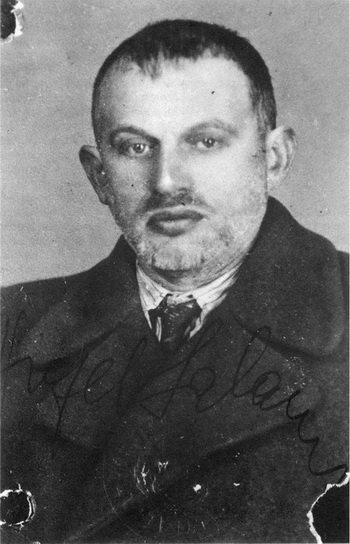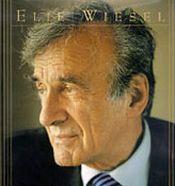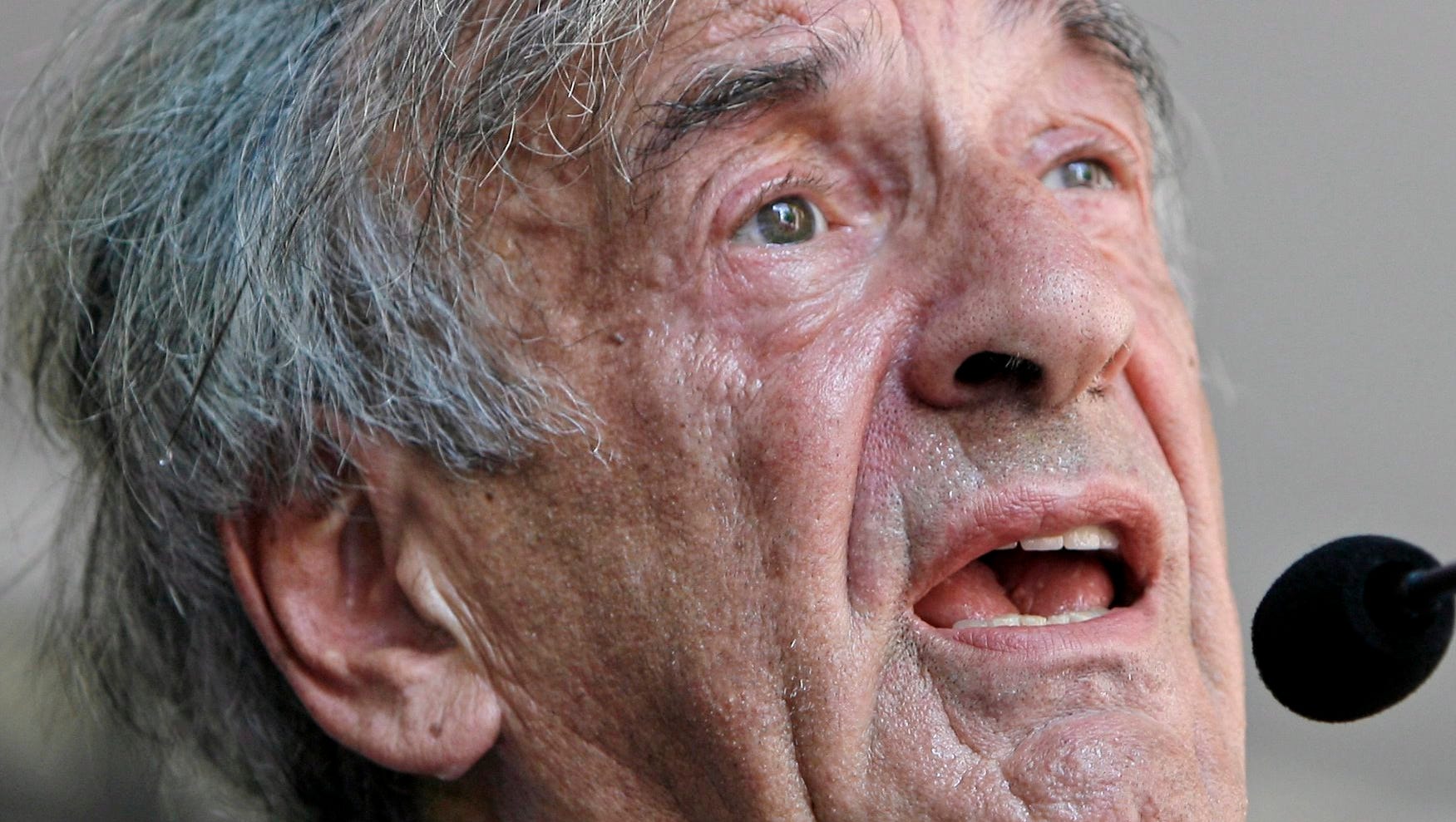

In 1969, Elie Wiesel married Marion Erster Rose. He had received over 90 honorary degrees from universities around the world, including Doctor of Letters from City College of New York (2008), Doctor of Humane Letters from Bucknell University (2009), Doctor of Humane Letters from College of Charleston (2011), and Doctorate from The University of British Columbia (2012). He also received the National Humanities Medal (2009), the Norman Mailer Prize for Lifetime Achievement (2011), and the Florida Holocaust Museum’s Loebenberg Humanitarian Award (2012). In 1992, he was awarded the Presidential Medal of Freedom. While presenting him with the Nobel Prize, the Norwegian Nobel Committee referred to him as a “messenger to mankind.” Achievements & Awardsįor speaking out against violence, repression, and bigotry, Elie Wiesel received the Nobel Peace Prize in 1986.

Wiesel was a key figure in the development of the United States Holocaust Memorial Museum (USHMM), the country’s official Holocaust memorial, as Chairman of President Jimmy Carter’s President’s Commission on the Holocaust. “To oppose indifference, prejudice, and injustice via worldwide discussion and youth-focused activities that promote acceptance, understanding, and equality,” the foundation’s purpose states. The book has been translated into 30 languages and has sold over ten million copies in the United States, making it a notable work of Holocaust literature.Įlie Wiesel and his wife established the Elie Wiesel Foundation in 1986 after winning the Nobel Peace Prize. Elie’s Major ProjectsĮlie Wiesel was the author of the Holocaust memoir ‘Night,’ which chronicled his time in the Nazi German prison camps of Auschwitz and Buchenwald with his father between 19. The foundation’s goal was to create understanding amongst ethnic groups who were at odds.įrom 1997 to 1999, he was the Ingeborg Rennert Visiting Professor of Judaic Studies at Columbia University’s Barnard College. In 1986, he founded the Elie Wiesel Foundation for Humanity with his wife, Marion.

In 1982, he was named Yale University’s inaugural Henry Luce Visiting Scholar in Humanities and Social Thought. Later in life, he became a political activist and humanitarian, receiving the Nobel Peace Prize in 1986 for expressing his concern about the “world humanitarian crisis.” His profession eventually brought him to the United States, where he settled down for good. As a result, Wiesel penned the memoir “Night,” which became a somber testament to the Holocaust. For years, he hesitated to write about or share his experiences during the Holocaust, but he changed his mind after receiving counsel from Catholic writer Francois Mauriac, who pushed him to do so.

He then travelled to France to study literature, philosophy, and psychology at the Sorbonne before working as a journalist. He was liberated, along with the other camp inmates, after World War II ended, but the war’s memories would torment him for the rest of his life. He was a teenager at the time, and he witnessed the atrocities committed against Jews in concentration camps, where he lost both of his parents. Elie Wiesel was a Jewish Romanian-American writer, lecturer, and the author of many works about Judaism, the Holocaust, and the moral responsibility of humanity to oppose intolerance, bigotry, and genocide, including the best-selling ‘Night.’ He was born in Romania and was deported to the Auschwitz concentration camp in Poland in 1944 as part of the Holocaust.


 0 kommentar(er)
0 kommentar(er)
